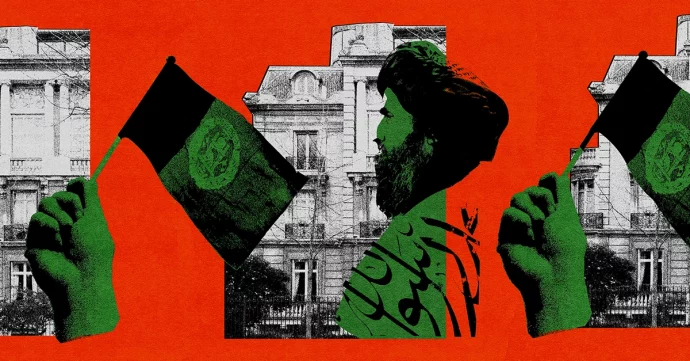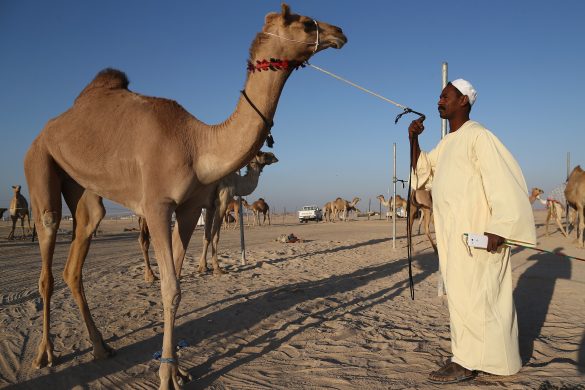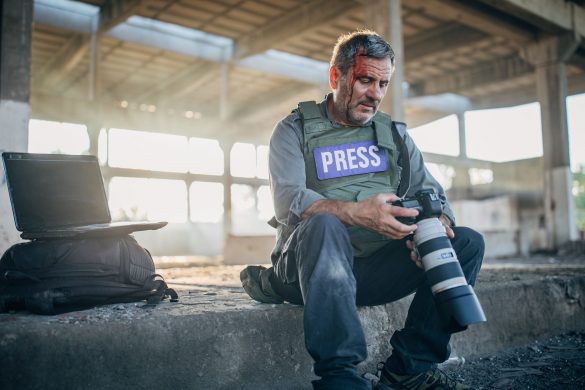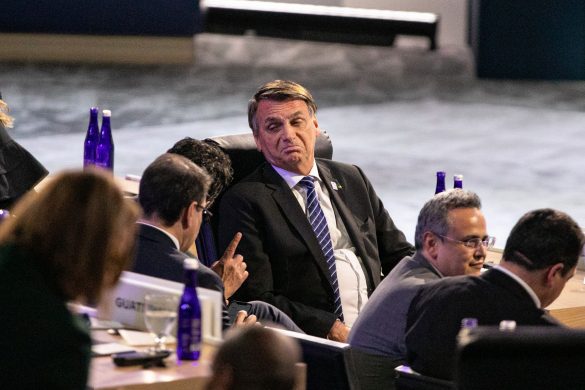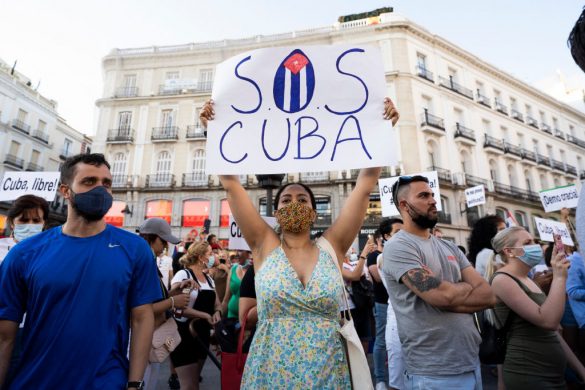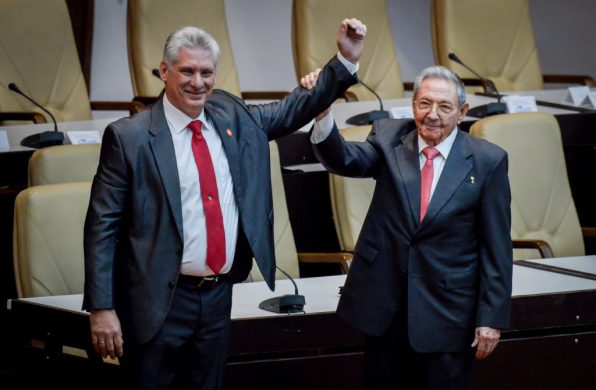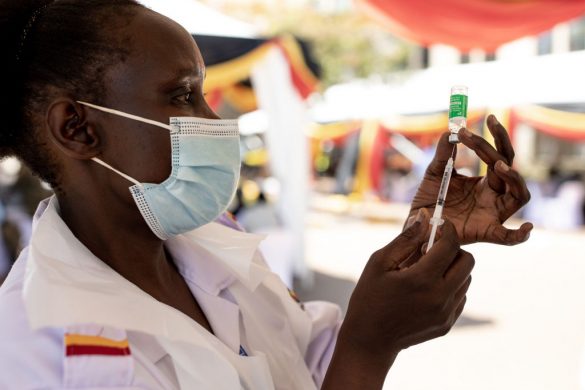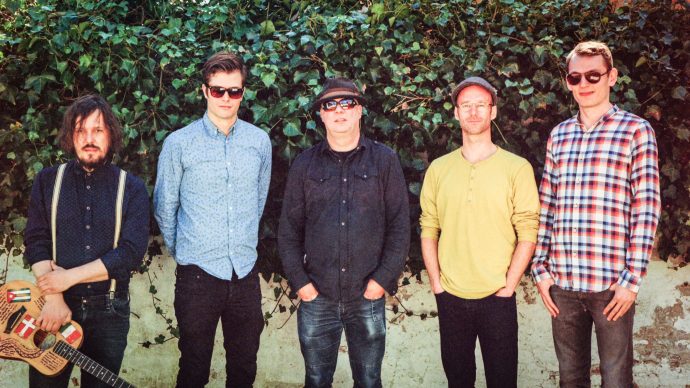As the Cuban government announces the release of 3,500 prisoners ahead of Pope Francis I’s visit, human rights campaigners have likened it to the clemency shown by Pontius Pilate.
The announcement was made on September 1, and the large number of prisoners released reflects the current pope’s central role in negotiating a rapprochement between Havana and Washington, and the general warming in relations between the Roman Catholic Church and a once strongly anticlerical Communist leadership.
“Crimes against state security”
Before the releases were announced, Cuban Cardinal Jaime Ortega y Alamino made a broad hint that it was going to happen, and that the Catholic Church had submitted a list of names.
Speaking on a TV show presented by singer-songwriter Amaury Pérez Vidal, the cardinal recalled that despite a “long, sometimes difficult and adversorial” relationship with the communist authorities, the church had successfully lobbied for prison releases on previous occasions.
Vatican spokesman Federico Lombardi welcomed the mass pardon as a “positive sign.”
It was all the more surprising, then, that the list of 3,522 names did not contain any known political prisoners.
The Communist Party newspaper said eligibility were minors, convicts aged 60-plus, the sick, and foreign nationals, but not anyone convicted of “crimes against state security”.
Like Pontius Pilate
When Pope John Paul II visited in 1998, 300 were released, while just under 3,000 were freed ahead of Pope Benedict XVI’s arrival in 2012. In both cases, political prisoners were included.
“The Cuban government has responded to the Pope’s visit like Pontius Pilate, who set Barabbas free instead of releasing Jesus,” Reynaldo Escobar, editor-in-chief of the digital newspaper 14Ymedio, which is censored in Cuba, told IWPR.
According to José Daniel Ferrer of the Cuban Patriotic Union (UNPACU), a dissident group, “Not one of UNPACU’s 21 political prisoners has been pardoned.”
Læs hele artiklen hos Institute for War and Peace Reporting (IWPR)


